When it comes to the planet, there are great things great leaders can do. But, there are great things the rest of us can do, too, writes Angus Peter Campbell.
Draining ditches may not be the most thrilling of topics, but, in these days of climate change, it may be the most fundamental thing of all.
I’m prompted to write this on the back of recent flooding in my native South Uist, with fields and roads under water, raising considerable safety and environmental issues. And it wasn’t always like that.
Now, I realise that we’re all apt to look back on the golden days of our childhood, when the sun shone all day and it never rained and all we did was play and eat sweeties, even though it rained most of the time and the only sweeties we got was on Wednesday night when the travelling van arrived, and, even then, because our house was the last one in the village, there was nothing left in the van anyway, except perhaps some old sausages that everyone else had rejected.

Nevertheless, I tell you the truth, the land and the roads were never flooded then as they are now. And don’t just rely on my trustworthy word for it!
There is clear, factual evidence that the west coast machair line has seriously eroded over the past few decades. In some areas, 20 metres of coastal land has been lost over the past 20 to 30 years, including the loss of up to five metres per year at the airport site in Benbecula.
Coastal communities are suffering due to climate change
The biggest tragedy of recent times happened in January 2005, when a severe storm hit the west coast of Scotland, including the Outer Hebrides. During that storm, five people from the same family died, when their cars were swept from a coastal road in Iochdar, South Uist as they were trying to escape from flood waters.
Widespread flooding occurred in many locations, particularly on the west coast, with roads, agricultural land, houses and other buildings inundated with sea water. Many locals believe that the building of a causeway without adequate flow room contributed to the tragedy.
Last week, an appeal was launched in the Isle of Lewis to try and save an historic Hebridean cemetery from being lost to coastal erosion. The graveyard at Bragar has served the surrounding communities since medieval times, but is now in danger of being swamped.
These are only a couple of examples of what’s happening worldwide, endangering thousands of coastal communities.
Clean your own hearth
The older I get, the more I realise that the greatest things are always done quietly. Almost secretly and hidden, without any fanfare.
Neighbours who drop in on the elderly with a loaf, a pint of milk, or a kind word. Teachers and pupil support assistants who take “difficult” children aside and encourage and guide them. Police officers who understand that there are always circumstances, and say a quiet word instead of a summons. Bus drivers who go out of their way to help you with luggage.
And, when it comes to land use, though great things are achieved through community buyouts and investment, much is also achieved by looking after your own small patch.
There’s a fine old Gaelic proverb that says: “Nan glanadh a h-uile duine a’ starsaich fhèin, cha bhiodh e fada gus am biodh an rìoghachd glan.” (“If everyone cleaned their own hearth, it wouldn’t be long before the whole kingdom was clean.”)
We can take some matters into our own hands
Although we didn’t have a croft (our family were landless cottars), I was well aware when growing up in South Uist that a man or woman with a barrow and spade could achieve miracles. Not least by clearing ditches and culverts so that the land was drained properly. It’s a fundamental requirement of any legitimate land use.
I’m not saying that my granny with her spade and barrow prevented climate change
I can still see them in memory, in their wellingtons and dungarees, clearing the ditches. Sadly, not enough crofts are worked nowadays. Since the Crofting Act of 1976, crofts are increasingly monetised as property sites, financially out of reach of young local people who might work them properly.
I’m not saying that my granny with her spade and barrow prevented climate change. I realise that our use of fossil fuels has altered the world since then. But, surely, if we don’t take care of our own front garden or backyard, we can’t expect Rishi Sunak or Joe Biden or President Blah-Blah at COP27 (or 28 or 29 or 30…) to do it either?
There are great things that great leaders and great nations can do, working together. But, there are great things that you and I can also do, working away on our own. From baking our own bread to draining ditches.
So, friends, let’s pressure the authorities to undertake the public environmental work they ought to do, but let’s also fetch out the spade and barrow and get down to it. Singing, in Gàidhlig if we can: “Heigh-ho Heigh-ho, a-mach a dh’ obair leinn…”
Angus Peter Campbell is an award-winning writer and actor from Uist
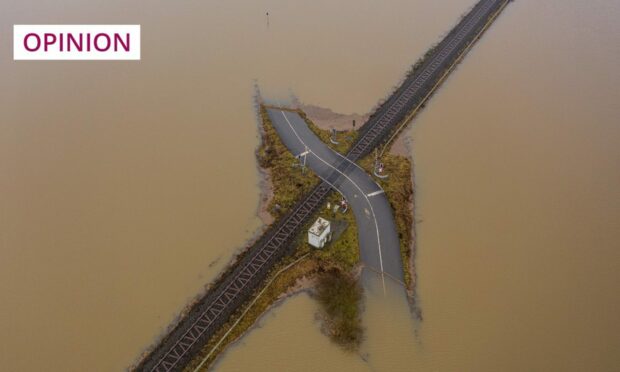
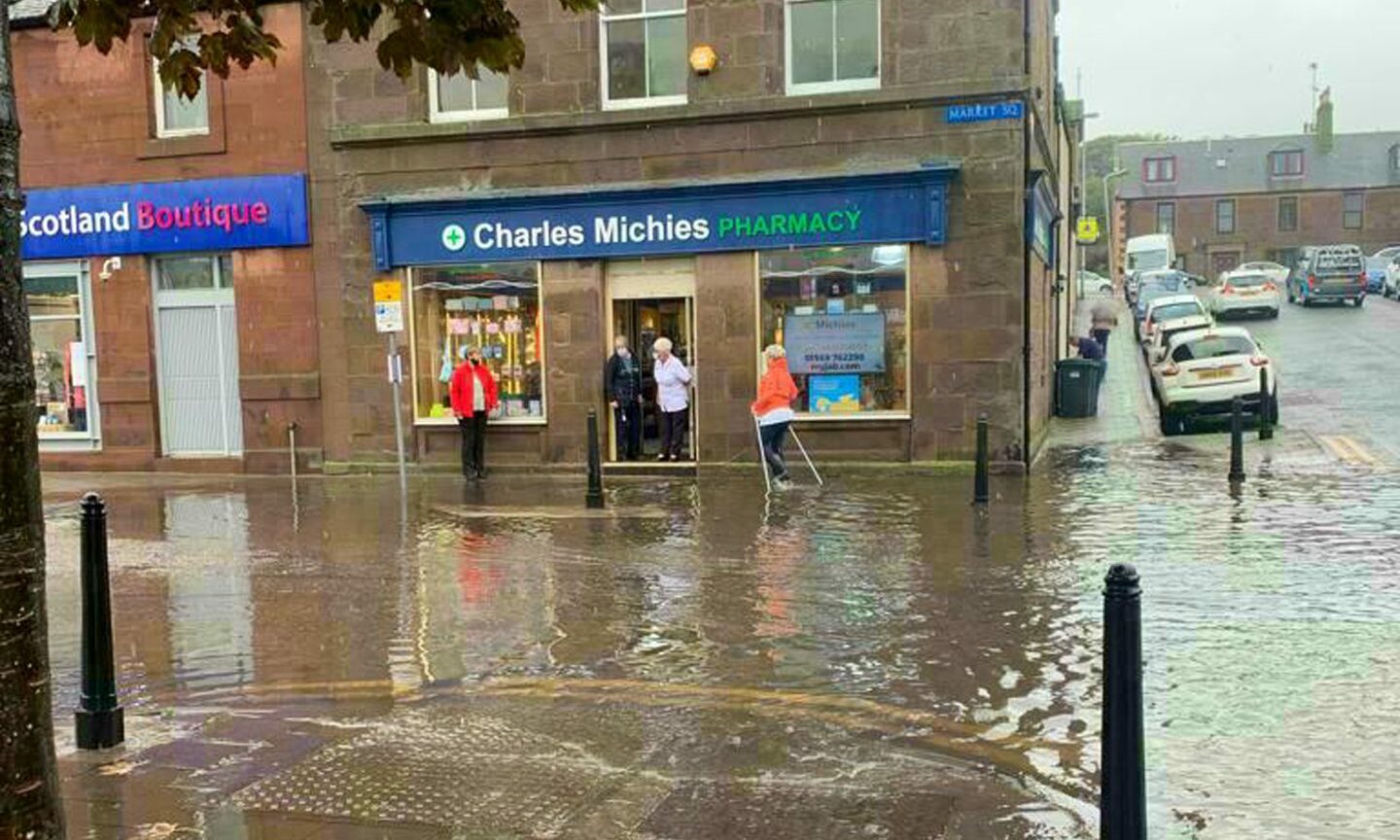
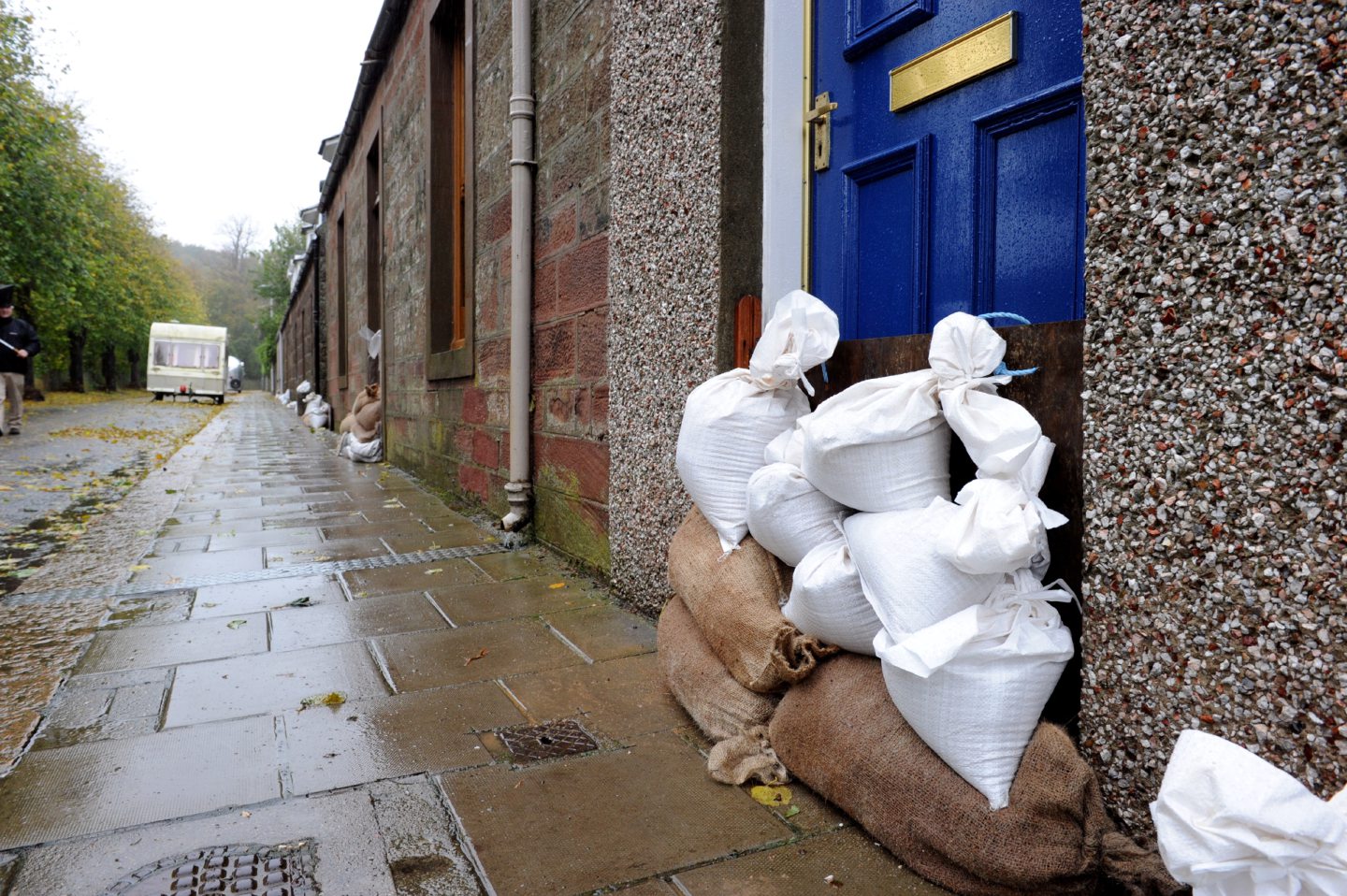

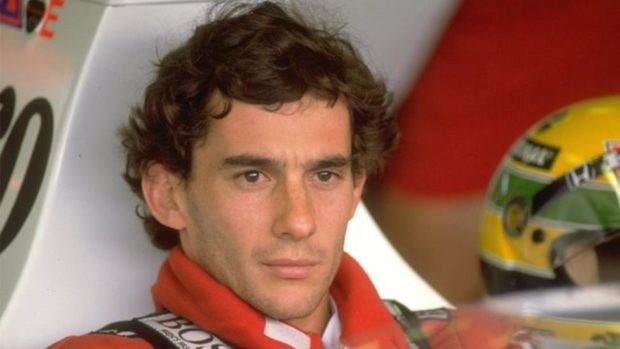
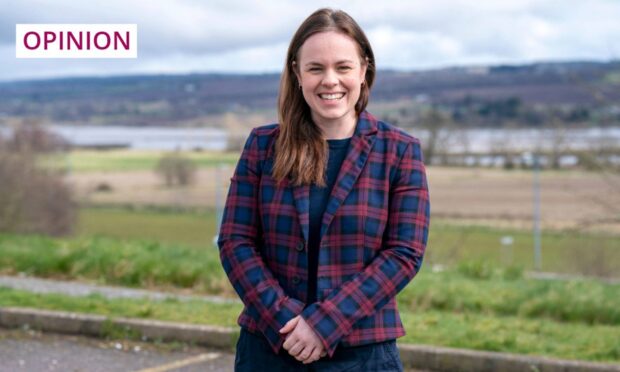

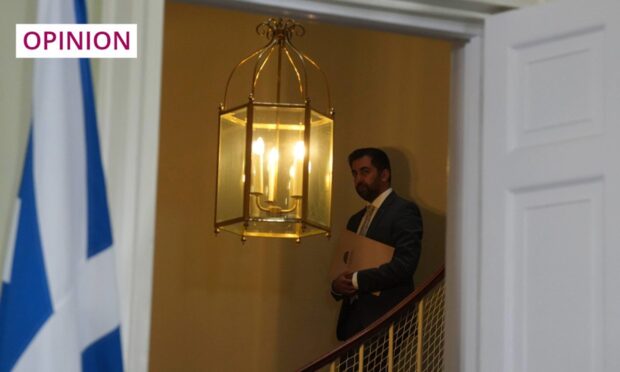






Conversation